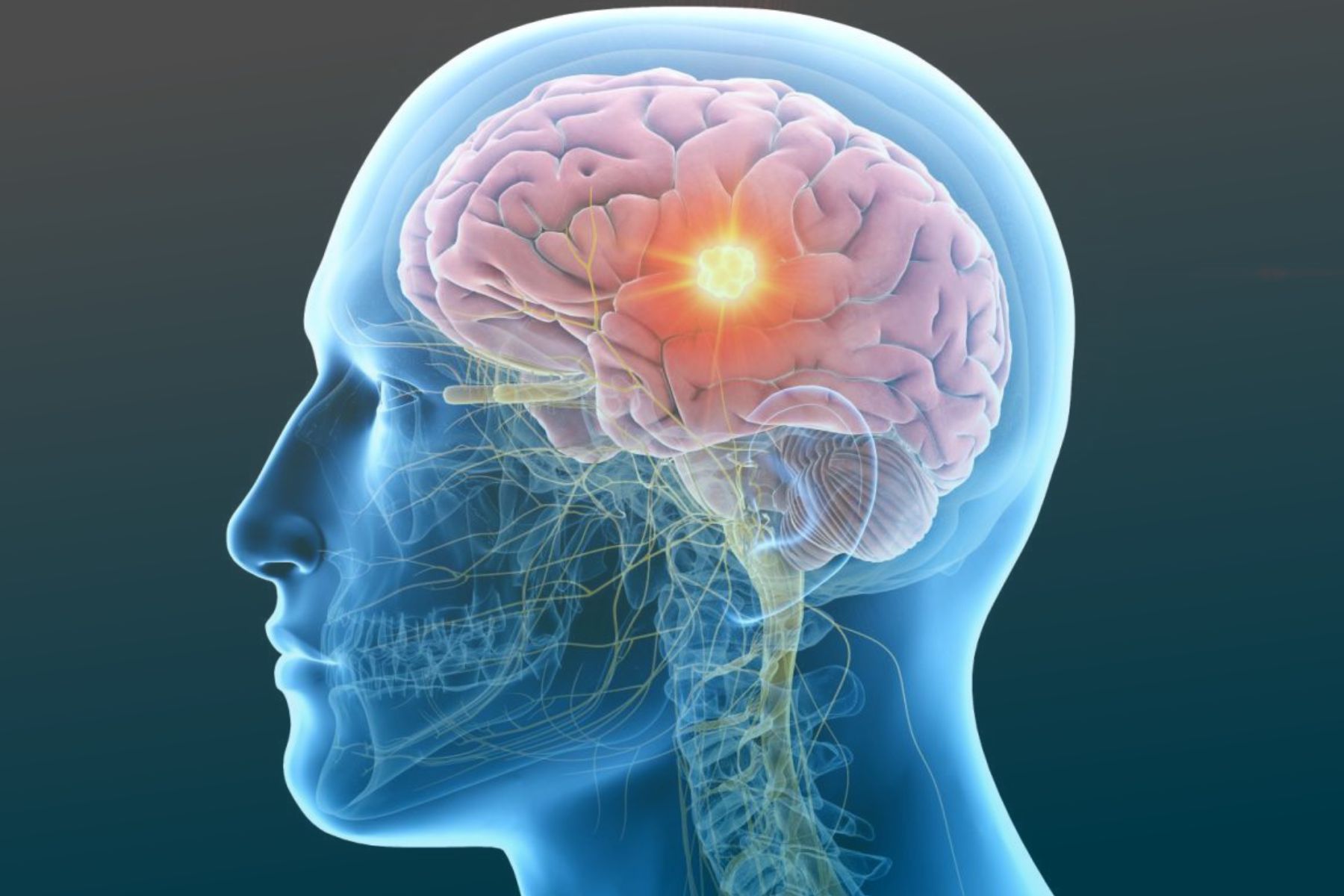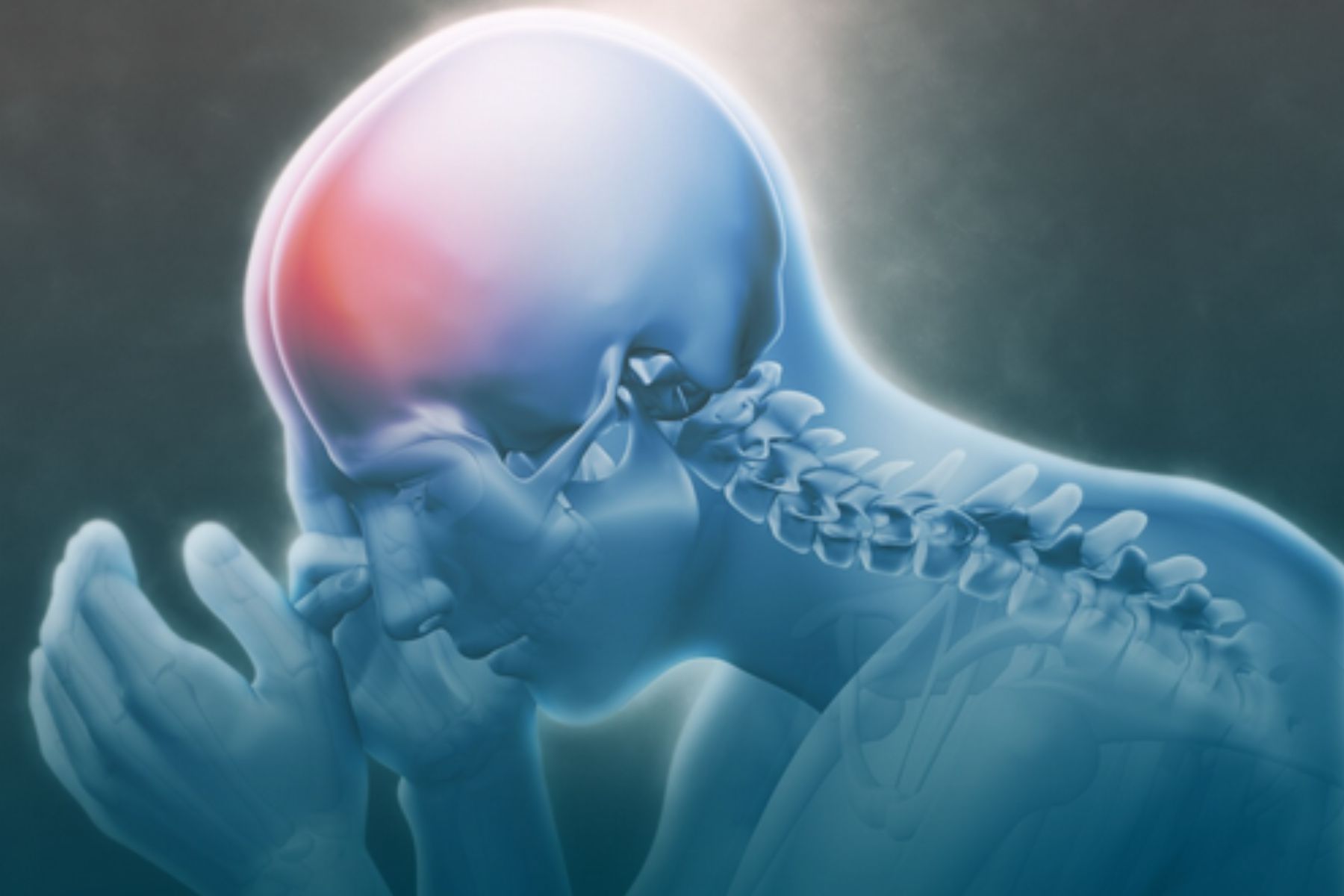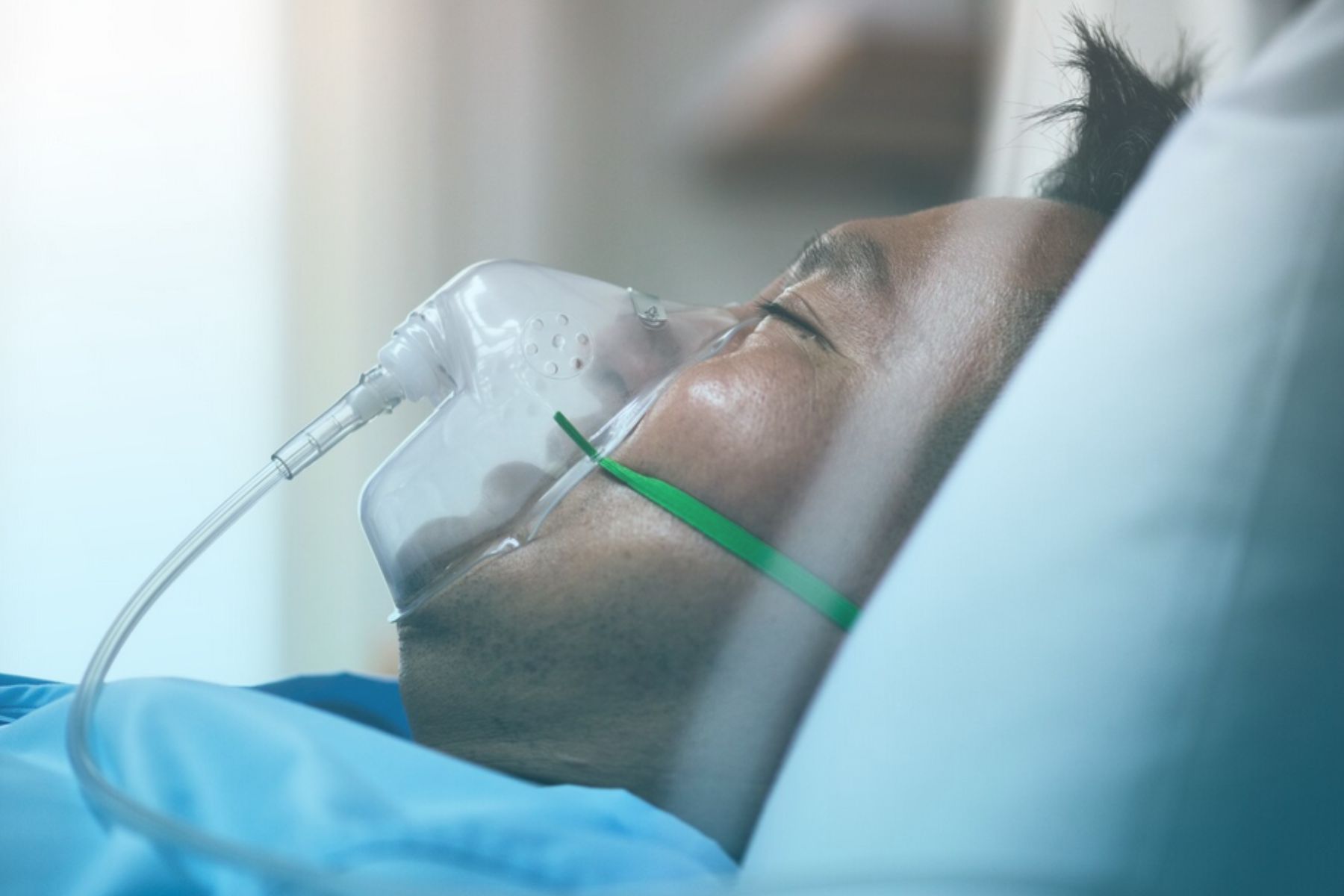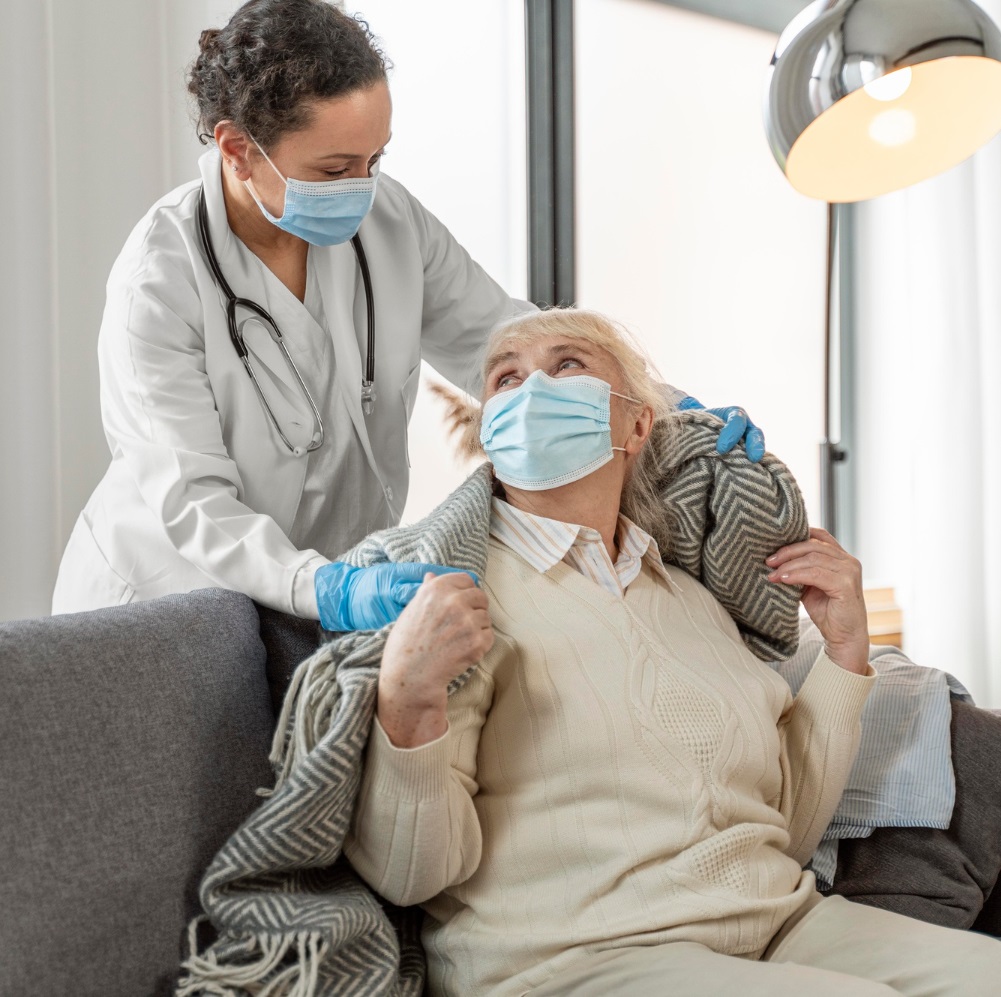Complex care for People of all ages
In the comfot of their own homes
What is Complex Care?
Complex care is caring for conditions that require specialist training and support to manage. An example of a complex care condition would be a spinal cord injury or an acquired brain injury. You can read up on some of the conditions we support below.
Our Complex Care Services

Acquired Brain Injury
We support individuals recovering from brain injuries with tailored care that promotes rehabilitation and independence. Our team is trained to assist with mobility, memory challenges, and behavioral changes. Care plans evolve as recovery progresses.

PEG Feeding
Our team offers safe, hygienic support for individuals requiring PEG feeding. We ensure correct nutrition, medication administration, and site care. Staff follow strict clinical protocols under nurse supervision. Dignity, safety, and comfort are always prioritized.

Friedreich's Ataxia
We support clients with this rare genetic condition affecting movement and coordination. Care is focused on promoting independence, managing fatigue, and preventing falls. Our staff adapt to evolving needs with empathy and skill. We work closely with families and health professionals to ensure holistic care.

Autonomic Dysreflexia
Autonomic Dysreflexia requires fast, expert management due to its life-threatening nature. Our team is trained to identify triggers and respond immediately. Monitoring, prevention, and clear care protocols are key. We aim to keep clients safe, comfortable, and informed.

Bowel Care
We provide discreet, respectful bowel management for clients with complex needs. Care may include manual evacuation, suppositories, or prescribed routines. Staff follow individualized plans under clinical oversight. Dignity and comfort remain central throughout the process.

Catheter Care
Our carers offer skilled support for intermittent or long-term catheter use. We focus on hygiene, comfort, and reducing infection risks. Routine care includes monitoring, emptying, and documentation. All procedures are guided by nurse-led protocols.

Cerebellar Ataxia
We support clients living with cerebellar ataxia through tailored daily assistance. Focus areas include fall prevention, communication support, and coordination help. Our care adapts with symptom progression and personal needs. Compassionate care is paired with safety planning and therapy collaboration.

Epilepsy
We provide professional care for individuals living with epilepsy. Staff are trained in seizure recognition, safety protocols, and emergency responses. Care includes medication support and risk reduction strategies. We promote independence while ensuring round-the-clock readiness.

Learning Disability
Our services empower individuals with learning disabilities to thrive independently. Care focuses on life skills, social interaction, and personal choice. We create safe, respectful environments tailored to each client. Support is flexible, inclusive, and fully person-centred.

Long Term Ventilator Support
We deliver high-level care for clients requiring long-term ventilation. Services include airway management, suctioning, and machine monitoring. Our staff are trained in clinical protocols and emergency response. We work to maintain comfort, dignity, and stability at all times.

Spinal Cord Injury
We provide personalized care for individuals with spinal cord injuries. Support includes mobility assistance, bowel/bladder care, and pressure sore prevention. Our team helps clients maintain independence and dignity. Clinical input ensures needs are met safely and reliably.

Multiple Sclerosis (MS)
Our care for clients with MS is flexible and responsive to changing needs. We assist with fatigue, mobility challenges, and daily living tasks. Emotional and practical support is provided throughout disease progression. Each plan is tailored for dignity, autonomy, and comfort.

Parkinson disease
We support clients living with Parkinson’s through tailored daily care routines. Our carers assist with mobility, medication, and symptom management. The focus is on maintaining independence, dignity, and quality of life.

